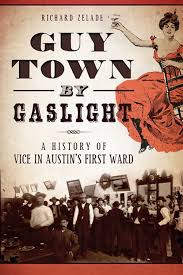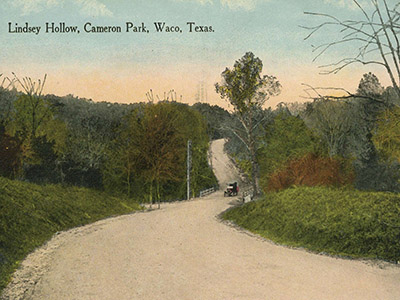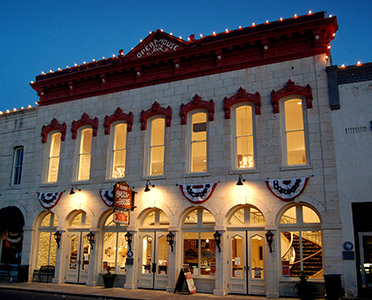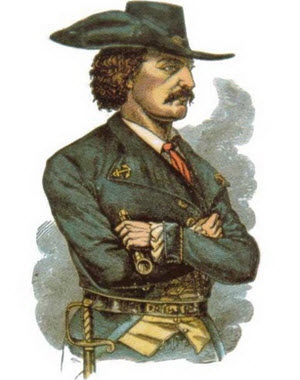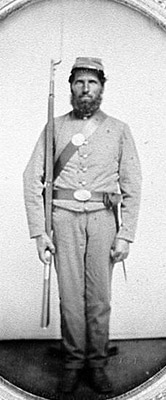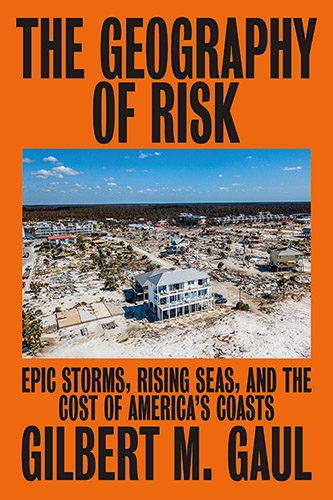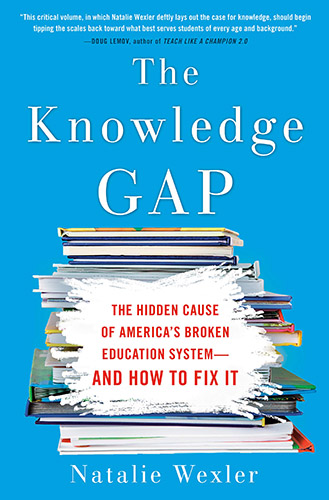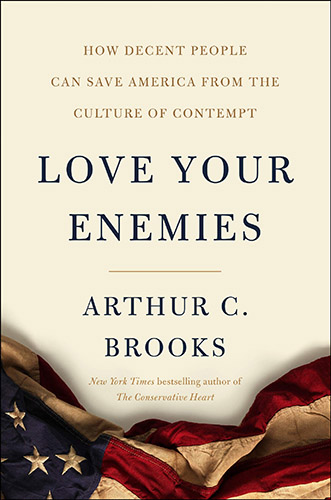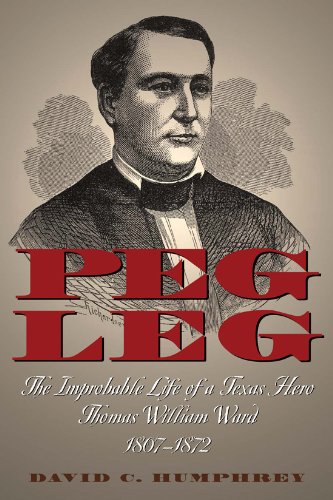In this weekly post, we feature helpful research tools and recent articles of interest to the legislative community.
- Explore statistics related to private correctional facilities. (The Sentencing Project, October 24, 2019)
- Consider that the U.S. Dept. of Agriculture is finalizing a rule that will allow for hemp production. (AP News, October 29, 2019)
- See how many people struggle with feeling well rested. (Centers for Disease Control and Prevention, October 25, 2019)
- Read about the immigration detention framework established by the Immigration and Nationality Act. (Congressional Research Service, October 24, 2019)
- "State higher education funding cuts have pushed costs to students, worsened inequality." By Michael Mitchell, Michael Leachman, and Matt Saenz. Center on Budget and Policy Priorities, October 24, 2019, pp. 1-22.
Finds that state spending on public colleges and universities is still more than $6 billion below what it was just before the Great Recession in 2008, resulting in tuition increases, faculty reductions, and limited course offerings. Includes state data on higher education funding and tuition increases from 2008-2018, and a Texas fact sheet. - "Trends in public opinion on US gun laws: Majorities of gun owners and non-gun owners support a range of measures." By Colleen L. Barry, et al. Health Affairs, October 2019, pp. 1727-1734.
Examines data from the National Survey of Gun Policy from 2013-2019, and finds that large majorities of both gun owners and non-gun owners strongly support a range of measures to strengthen gun laws in the United States. - "Biggert-Waters and rising tides: Searching for enduring reform to the National Flood Insurance Program in today's politics." By Austin Johnson. Houston Law Review, Fall 2019, pp. 227-259 (Note Length).
Examines the need to reform the current flood insurance system due to repetitive loss properties, continued development in flood plains, and debt. Analyzes how the political process and the political climate affected the Biggert-Waters Flood Insurance Reform Act of 2012. Considers policy issues related to stabilizing and reforming the National Flood Insurance Program through buy outs with subsidies and eminent domain. - "The electric grid in the digital age." By Mark P. Mills. National Review, October 28, 2019, pp. 40-42.
Identifies the major reason for increased electricity usage since 2000 as the growing need for real-time availability for digital applications and processes. Argues the "variable" power of wind and solar sources and costs of battery storage facilities cannot handle the uninterrupted energy needs of the exploding digital economy. - "The trouble with 'renewables.'" By Benjamin Zycher. National Review, October 28, 2019, pp. 36-37.
Considers the Green New Deal's support of wind and solar power. Suggests there are problems with these two power sources in terms of economy, capacity, and environmental hazards. - "The liquid left behind: Uncertainty about the cleanup costs and liability for water used in fracking." By James T. O'Reilly. Natural Resources & Environment, Fall 2019, pp. 42-44.
Provides a brief description of hydraulic fracturing and its by-products. Considers issues related to liability in the disposal of wastewater and solid waste from fracking, including orphaned and abandoned wells, property ownership and leases, and seismic activity. Mentions the upcoming United States Supreme Court decision in County of Maui v. Hawaii Wildlife Fund, regarding water pollution conveyed from a point source to navigable waters by a nonpoint source, such as groundwater. - "You're fired." By Jill Lepore. New Yorker, October 28, 2019, pp. 26-31.
Explores the origins of impeachment in British history, the inclusion in the United States Constitution, and its application in the eighteen impeachment trials held by the United States Senate. Suggests impeachment is a "political experiment" and each "reinvents what impeachment is for, and what it means." - "Driving electric: Utilities break into the transportation industry." By Susan Partain. Public Power, September/October 2019, pp. 14-23.
Considers how public utilities are adapting to the transportation industry's potential increase in the use of electricity for fuel. - "Enhancing regulatory commissions' ability to fight climate change: Potential legislative enablements." By David Boonin. Public Utilities Fortnightly, October 2019, pp. 66-68.
Discusses possible legislative measures that could make regulators and utilities more effective in combatting climate change. - "Texas cancer agency seeks new vote of approval." By Jocelyn Kaiser. Science, October 18, 2019, p. 294.
Discusses the maximum bond amount authorized for the Cancer Prevention and Research Institute of Texas [CPRIT] if voters approve Proposition 6 in the upcoming constitutional amendments election. - "Potential E-Verify deal would give legal status to farmworkers." By Tim Henderson. Stateline (Pew Charitable Trusts), October 24, 2019, pp. 1-6.
Considers whether congressional Democrats can broker a deal with Republicans to grant legal status to farmworkers currently in the country illegally in exchange for mandatory checks for legal status of all future hires. Points out the variation in job screening for illegal immigration with E-Verify — 94 percent in Georgia compared to 32 percent in Texas during the period ending June 2017. - "Texas agriculture needs China trade war resolved." By Russell Boening. Texas Agriculture, October 4, 2019,
p. 2.
Addresses the harmful effects the trade war with China is having on Texas farmers and agriculture. States that without a robust trade environment, net farm income in Texas will continue to decline. - "Street fight." By Christopher Hooks. Texas Monthly, November 2019, pp. 54-62.
Discusses the recent Austin City Council decision to decriminalize homelessness, including changes to ordinances related to sleeping, camping, and panhandling in public spaces. Provides background on the origin of the 1996 anti-camping ordinance, reactions to its recent reversal, and complications to decreasing homelessness including rising housing costs and local government revenue caps instituted by SB2, 86th Legislature. - "Prop. 5 would provide needed park funding." Texas Parks and Wildlife Magazine, November 2019, pp. 10-11.
Summarizes Proposition 5 in the upcoming constitutional amendments election. Explains its passage would dedicate sales tax revenue from the sale of sporting goods to the Texas Parks and Wildlife Department and the Texas Historical Commission.

